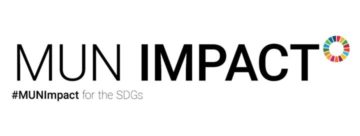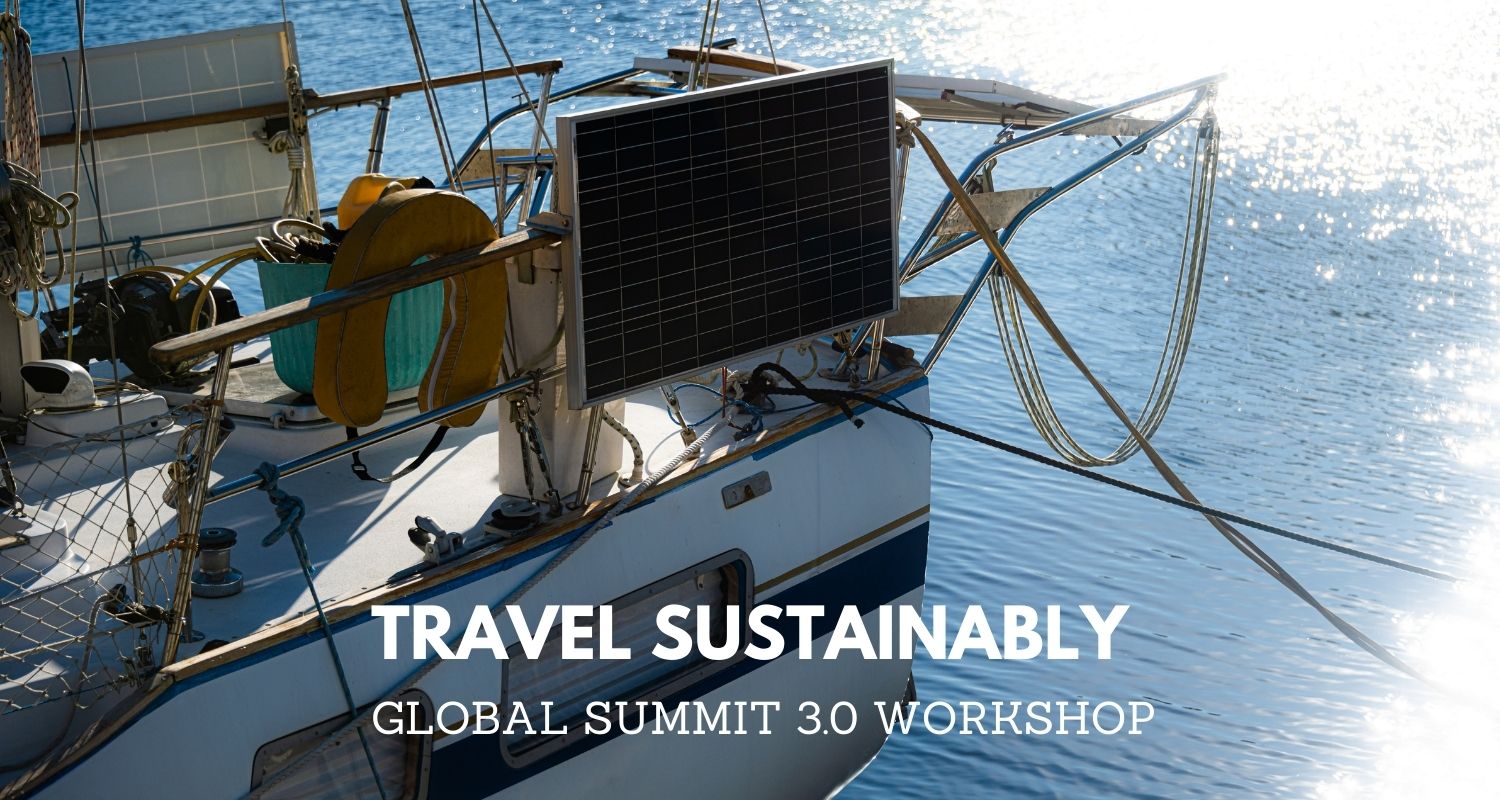BY SAI SUBRAMANIAN, STAFF REPORTER
Tourism. It plays an important role in today’s world because it increases employment and financial opportunities for those living in developing countries. However, ever since the world moved into a new normal, eco-tourism has been affected. According to Meera Ranjan and Prince Santosh Kumar who were presenters at the E3 Summit, sustainable tourism is an important aspect of life during these troubled times.
During their presentation, they covered enquiring questions including the UN’s involvement in promoting ecotourism, how Ecotourism can maintain a circular economy, and what individuals can do to promote ecotourism presentation. They concluded their presentation with a small quiz in regards to ecotourism and more info about the 100k Deeds challenge. Overall, they tied the Sustainable Development Goals(SDGs) element during the entirety of their presentation.
To begin with, the United Nations has been promoting ecotourism by generating greater awareness among public and private sector organizations to contribute to the conservation of the natural and cultural heritage in improving living standards. Furthermore, they are spreading methods and techniques for the planning, management, regulation, and monitoring of ecotourism to guarantee long-term sustainability. The UN General Assembly designated the 2002 international year of ecotourism in 1998.
Secondly, ecotourism covers public health, Climate action, social inclusion, governance, and finance which refers to a circular economy. UNEP, UNWTO, and Ellen MacArthur developed specific COVID-19 Recommendations to raise awareness on the environmental impact of health and hygiene measures. Furthermore, the focus on public health increased the demand for recycling plastic disposable items. In order to maintain a circular economy, it is important to adopt a model of production and consumption, which involves sharing, leasing, reusing, repairing, refurbishing, and recycling existing materials and products as long as possible. This would increase the lifespan of products. Social entrepreneurship is a segway into the finance aspect of ecotourism as it would allow reinvestment of profits into social projects that increase the popularity of sustainable development.
Lastly, as global citizens, there is a lot we can do to support ecotourism ventures and the SDGs during this COVID-19 pandemic. When traveling, it is important to adhere to health norms and regulations. As global citizens, buy handmade/local products to show support to local organizations. Never buy wildlife products, minimize food consumption and recycle whenever possible. Furthermore, organize a donation drive for quarantine supplies to distribute amongst those in need. To increase biodiversity, invest in nature-based solutions and capture the value and support of conservation efforts through tourism. To increase climate action, monitor, and report CO2 emissions and accelerate the decarbonization of tourism operations.
To conclude, Prince and Meera had some excellent points in their presentation to increase awareness about ecotourism. They used their experience as a part of the 100k deeds challenge team to engage the audience in a discussion about what the team is doing to encourage the modern-day audience to support ecotourism. “Sustainability is no longer about doing harm. It’s about doing more good.”
To see the full session, click here.

